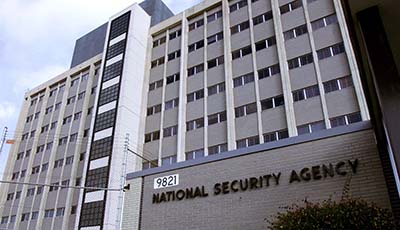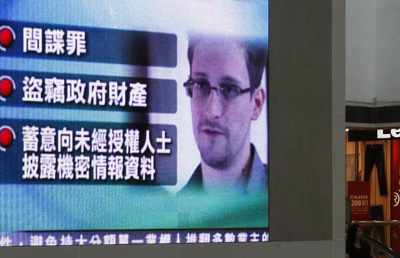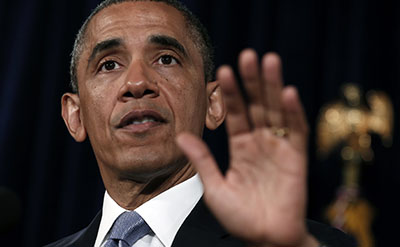
NSA hack compromises Al-Jazeera sources, US credibility
The German magazine Der Spiegel reported this week that the U.S. National Security Agency hacked into the internal communication system of Al-Jazeera. If the report is accurate, the targeted hacking of a news organization represents an assault on press freedom qualitatively different from — and in many ways more disquieting than — the perils posed…
Police officer indicted over photojournalist’s false arrest
The flash or, more precisely, the lack of one, gave the policeman away. Over a year ago, on a steamy Saturday night in the Bronx, New York City Police Officer Michael Ackermann claimed that a photojournalist had set off his flash repeatedly in the officer’s face, blinding and distracting him, as he was arresting a…
Journalist Barrett Brown faces prison for posting hyperlink
Tomorrow, a federal judge will weigh a prosecutor’s motion for a gag order in connection with the U.S. government’s prosecution of journalist Barrett Brown. The motion represents a troubling turn in an already-troubling case for press freedom–a case that could criminalize the routine journalistic practice of linking to documents publicly available on the Internet, which…
New Zealand, US may have spied on McClatchy reporter
Concern over government surveillance of journalists has washed up on the faraway shores of New Zealand, with a report in the country’s Sunday Star this week asserting that the military there, with help from U.S. intelligence, spied on an investigative journalist who had been critical of its activities in Afghanistan.
Post-Snowden, time for journalists to get smart
Let’s be clear: Everything journalists do in the digital world is open to scrutiny by suspicious minds because that’s the way intelligence agencies work. If state eavesdroppers didn’t make use of this amazing opportunity they wouldn’t be very good at their job.
In NSA surveillance debate, tech firms urge transparency
Some of the Internet companies at the heart of the outcry over U.S. government surveillance today joined with human rights and press freedom groups, including CPJ, in calling for greater government disclosure of electronic communications monitoring.

Snowden travels trace a path of government hypocrisy
Edward Snowden’s global travels have highlighted the chasm between the political posturing and actual practices of governments when it comes to free expression. As is well known now, the former government contractor’s leaks exposed the widespread phone and digital surveillance being conducted by the U.S. National Security Agency, practices at odds with the Obama administration’s…

Secrecy, scale of PRISM raise alarms
Government surveillance of electronic communications “should be regarded as a highly intrusive act that potentially interferes with the rights to freedom of expression and privacy and threatens the foundations of a democratic society,” Frank La Rue, U.N. special rapporteur for freedom of expression, warned in a report issued less than two months ago. “States should…
An open plea: Xi and Obama can accomplish one thing
Dear President Xi and President Obama, You will both have received many public and private letters of advice prior to your meeting on Friday and Saturday in California. They will urge you to take up specific issues ranging from military and trade concerns to human rights. That diversity of concern is an indicator of how…